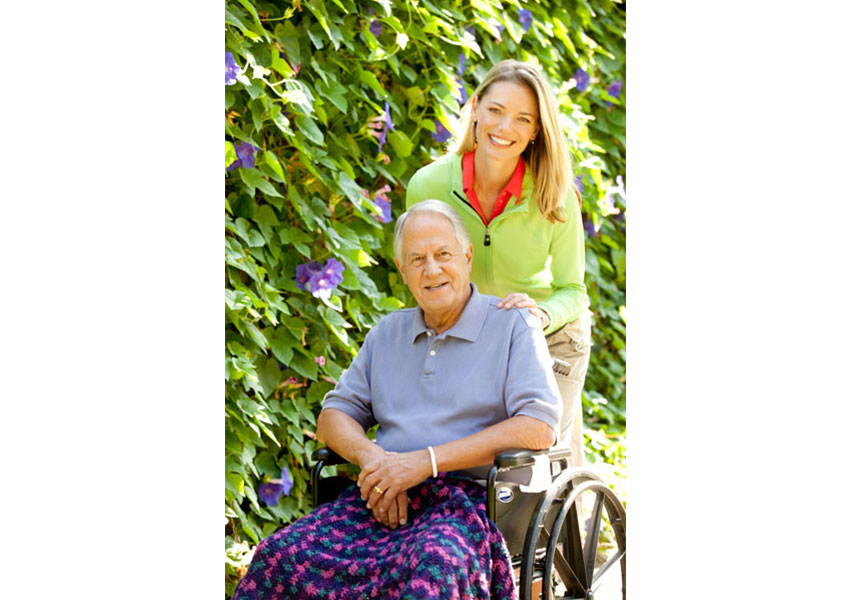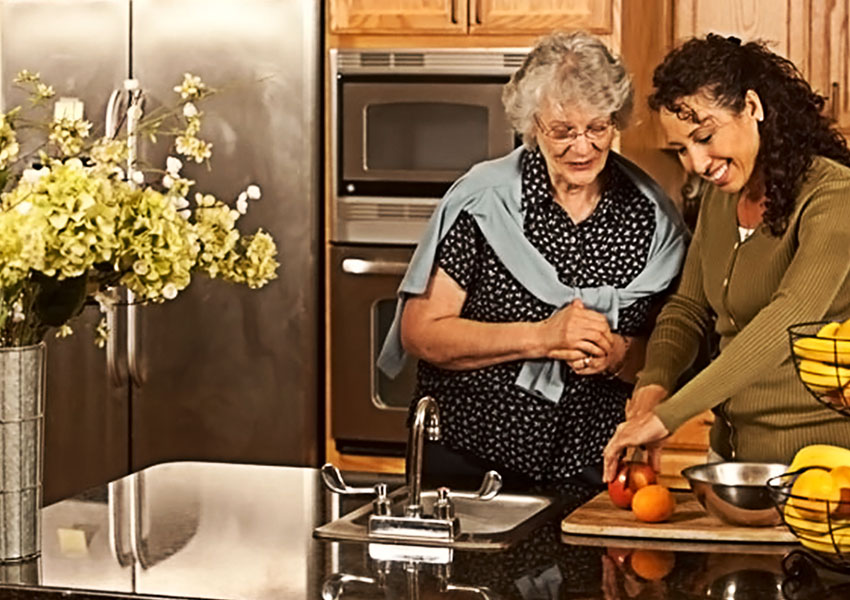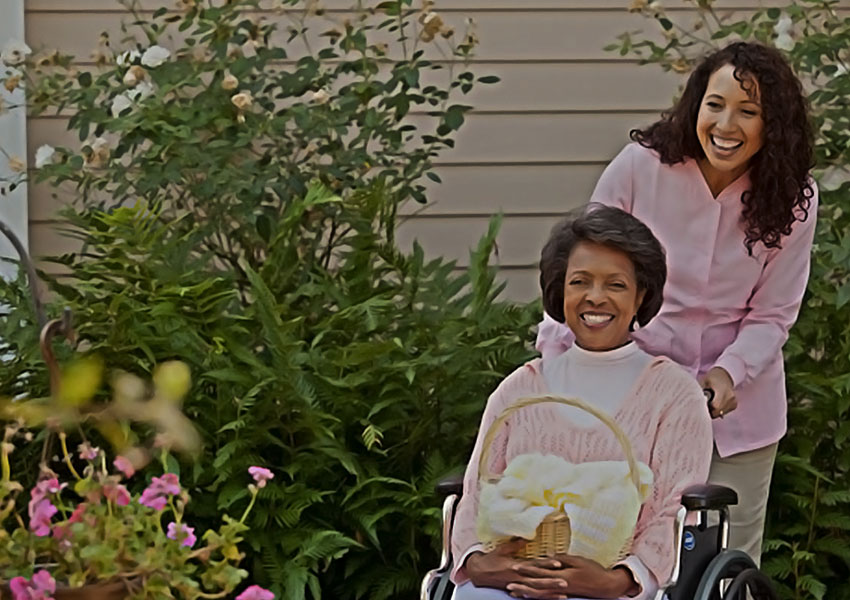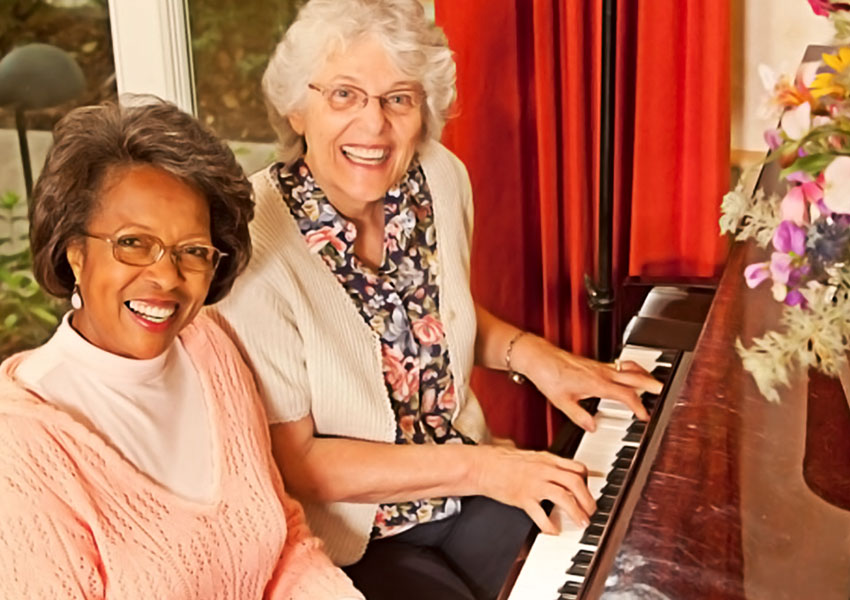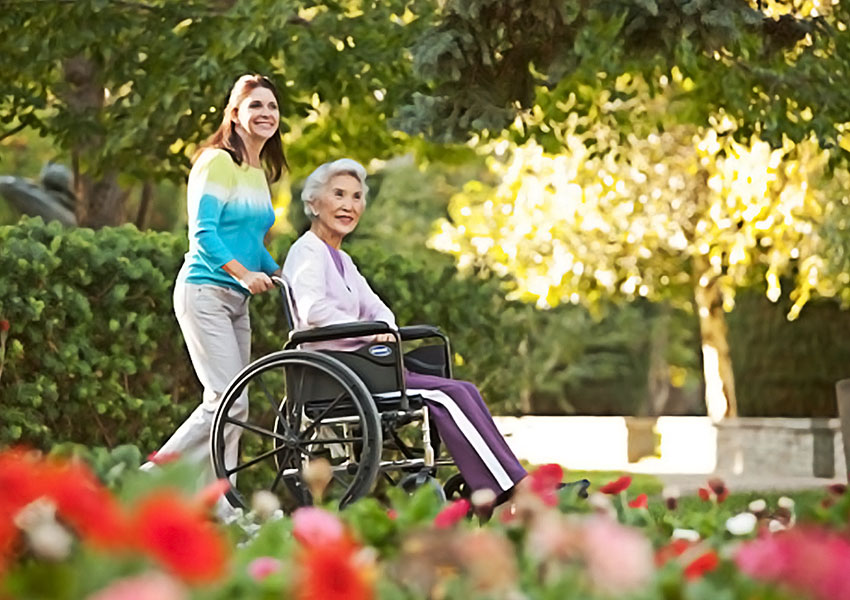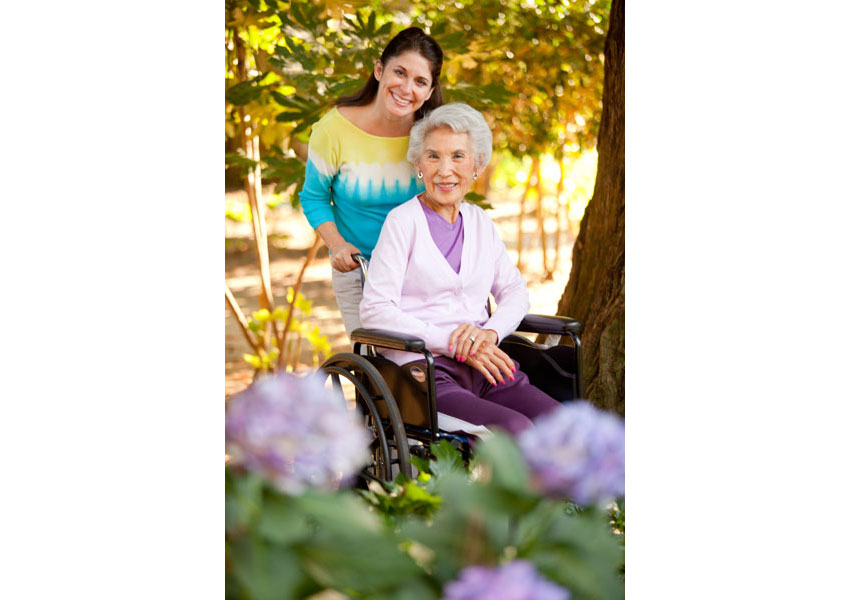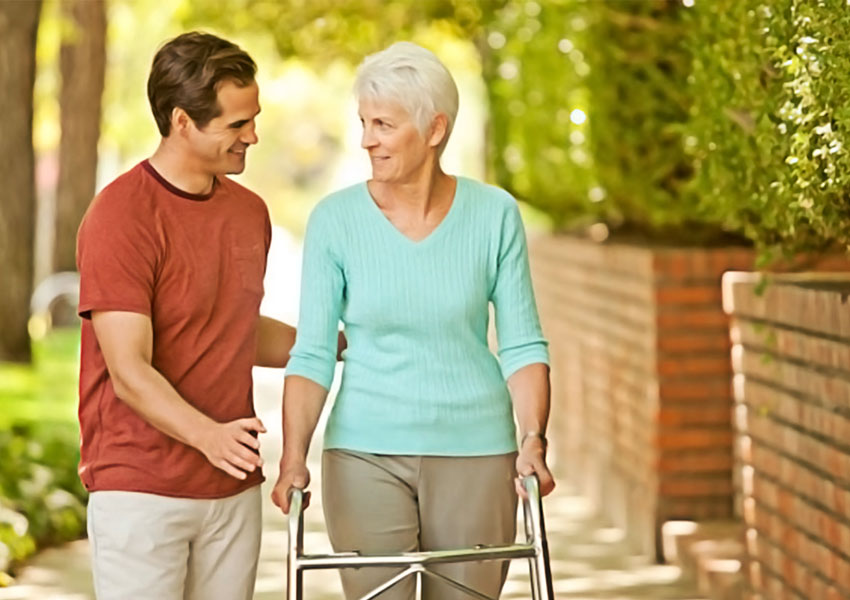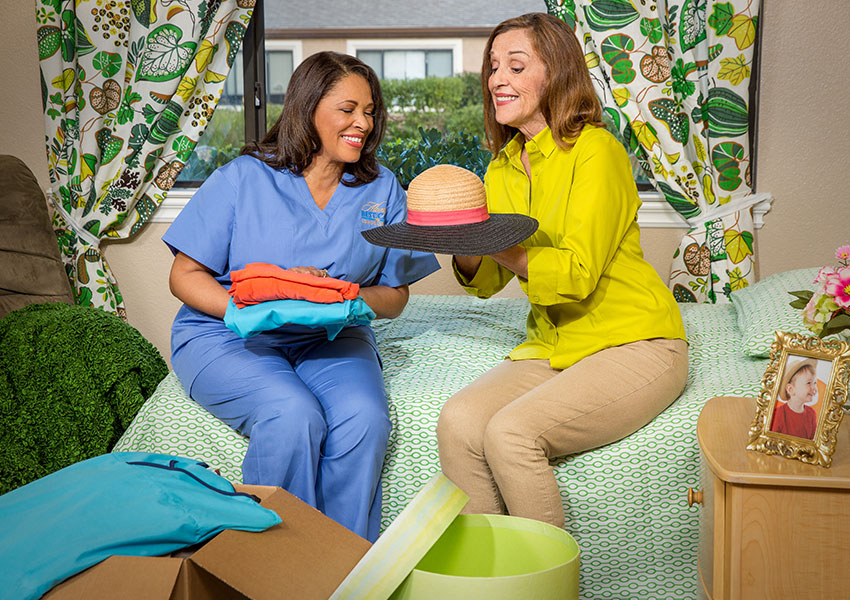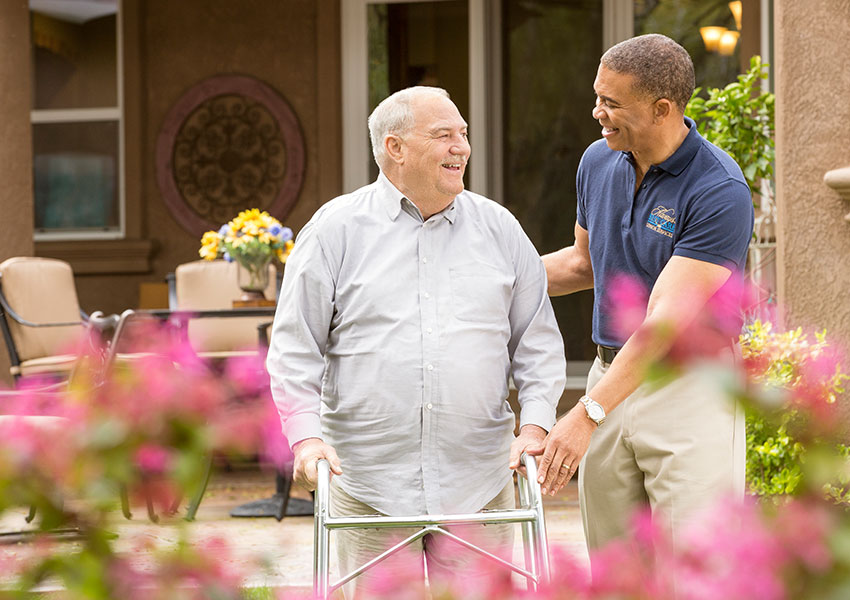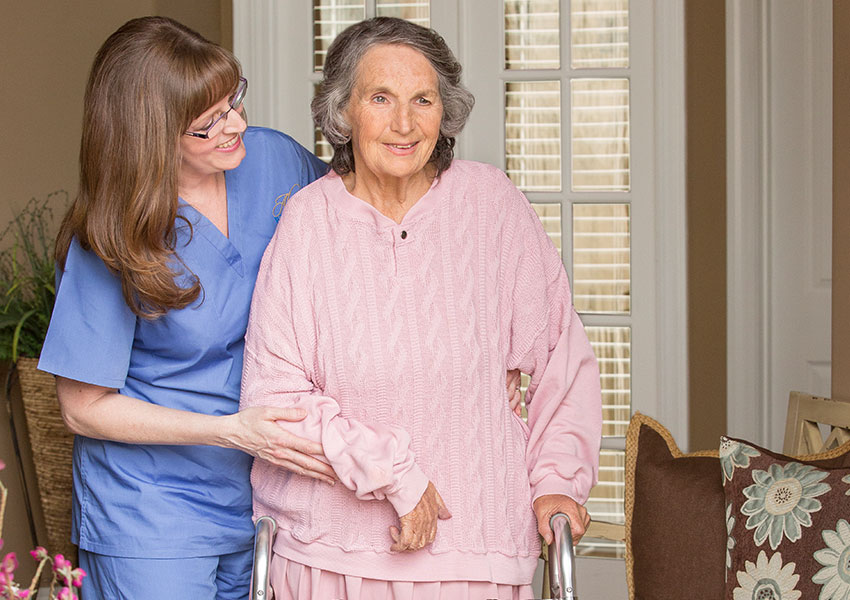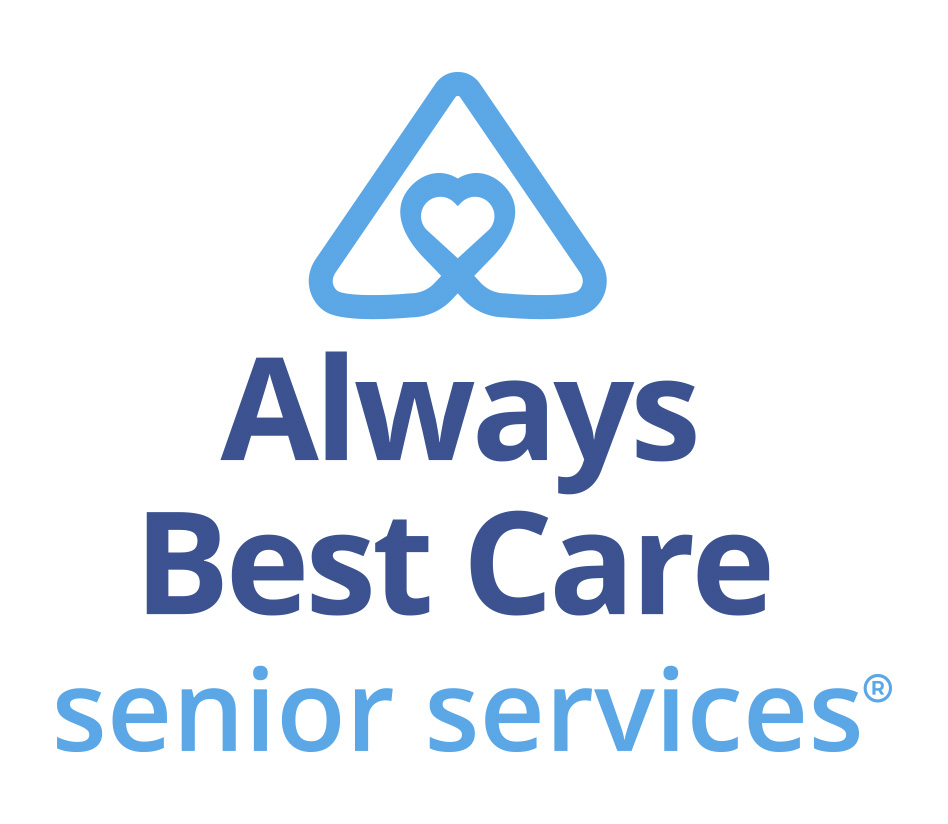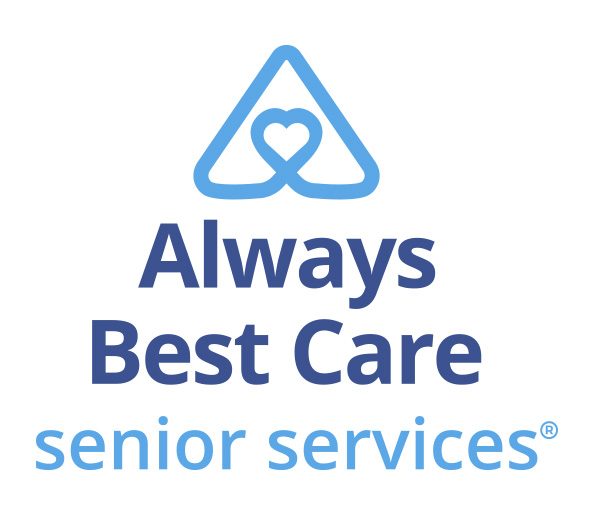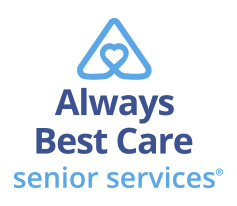Many seniors view living on their own as a sign of independence, and it’s one they’re often not ready to give up. With support from an in-home care provider, your loved one may be able to age in place for a longer period of time, but there comes a point when assisted living might be more beneficial. They can still retain much of their independence but have a safer, monitored environment to do so.
It can be a difficult decision to transition your aging parent to an assisted living facility, but it can give you peace of mind to know that they are living a higher quality life with the level of support they need. There may never be a perfect time to make the switch, but here are a few warning signs that may indicate assisted living could be beneficial:
- Cognitive decline.Is your elderly parent developing dementia or Alzheimer’s? Are they becoming more forgetful and putting their own health and safety at risk? Occasional forgetfulness may not be a big deal, but as it progresses and you notice the state of their home and hygiene declining, it may be time to step in.
- Mobility issues. Slips and falls can come with a variety of consequences. If your loved one is having more trouble getting around and you notice they have bumps and bruises, they may be better suited for assisted living. Here, if they fall, someone can respond more quickly. Their room can also be set up with less clutter, more space, and more safety features.
- Trouble keeping up with daily tasks. Have they forgotten to take the trash out again or do laundry? Is there hardly any food in the refrigerator and the plants haven’t been watered in several days? Do they have trouble getting their shoes on or getting dressed? These are all examples of activities of daily living people are expected to do when living on their own. If they’re having trouble keeping up, more support may be necessary.
- Isolation. Has your loved one stopped meeting up with friends or going to their favorite diner? Are they staying at home more than they’re interacting with others? Assisted living can help them to remain more social, meet friends, and stay involved in activities they enjoy. Isolation can lead to depression and other concerns.
- Trouble driving. Driving requires good vision, hearing, reaction time, decision making, problem solving, mobility, and more. If your loved one is getting into fender benders, forgetting where they’re going, or is hesitant to get behind the wheel at all, this can impact their quality of life. They’re not able to run errands and grocery shop, they become more isolated, and it can be restricting. In an assisted living facility, they don’t have to worry about these things. Transportation can be provided for them, and the facility may offer a number of services.
No one wants to take their loved one from their home and move them to assisted living, but it can be the best decision for everyone involved. Your loved one may thrive in their new environment and you can know they’re safe and happy.
Always Best Care offers free assisted living placement services to help you find the right facility and level of care for your aging parent. We work with facilities throughout the area and can help you find one that meets your loved one’s needs. Let us help you by contacting Always Best Care at 1-855-470-CARE (2273).
To print this article CLICK HERE








